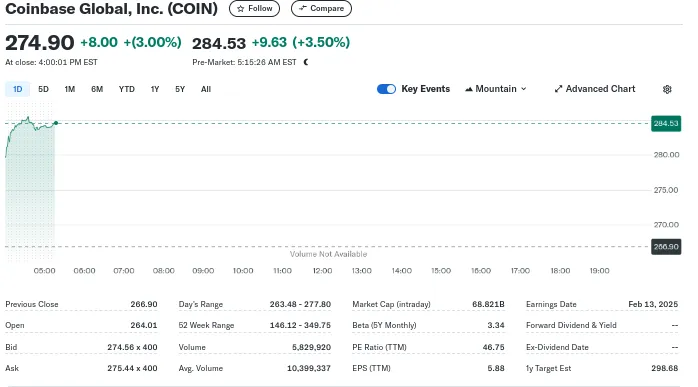Coinbase, the U.S.-based cryptocurrency exchange, is preparing to re-enter the Indian market following a prolonged absence due to regulatory challenges. The company is reportedly in discussions with Indian authorities, including the Financial Intelligence Unit (FIU), to obtain the necessary approvals for relaunch, according to sources cited by TechCrunch.
The move follows a precedent set by Binance, the world’s largest cryptocurrency exchange, which resumed Indian operations in August 2024 after registering with the FIU. Coinbase’s return signals renewed interest in India’s evolving crypto landscape, despite the country’s stringent tax policies and regulatory uncertainty.
Previous Entry and Regulatory Hurdles

Coinbase initially entered the Indian market in April 2022, launching services with support for the Unified Payments Interface (UPI). However, just three days after launch, the National Payments Corporation of India (NPCI) refused to acknowledge Coinbase’s operations, forcing the exchange to suspend services.
Adding to the pressure, Coinbase CEO Brian Armstrong later revealed that the Reserve Bank of India (RBI) had applied “informal pressure” on banking institutions, discouraging partnerships with crypto firms. Although cryptocurrency trading is not illegal in India, major banks have remained hesitant to engage with exchanges, fearing regulatory backlash from the central bank.
The company’s current efforts to re-establish itself in India depend on obtaining a license from the FIU, a key regulatory body overseeing financial transactions. Industry observers suggest that Coinbase is treading cautiously this time, engaging proactively with regulators to ensure compliance before announcing a formal relaunch.
India’s Crypto Market and Global Expansion Efforts
Coinbase’s interest in the Indian market aligns with its broader international expansion strategy. At a recent Goldman Sachs conference, Coinbase CFO Alesia Haas emphasized the company’s commitment to growing in emerging markets, despite regulatory headwinds.
India, a major hub for U.S. tech firms, presents both opportunities and challenges for crypto exchanges. The Indian government introduced a 30% tax on crypto income and a 1% transaction deduction in 2022, significantly curbing trading activity. Nevertheless, Indian investors continue to engage with digital assets, albeit cautiously.
Coinbase’s re-entry could provide fresh momentum to the Indian crypto ecosystem, particularly in the wake of WazirX’s decline following a major hack. Currently, CoinSwitch and CoinDCX—both backed by Coinbase—dominate the Indian exchange market. Notably, Paul Grewal, Coinbase’s chief legal officer, recently joined the board of the US-India Business Council, a move that may facilitate regulatory negotiations.





